Assalamu alaikum
I'm @romzan15 from #bangladesh
How are you all friends, I hope you are all well, today I came to you with a new blog
A scene of Madrasa students reciting Hadith after Fajr prayer
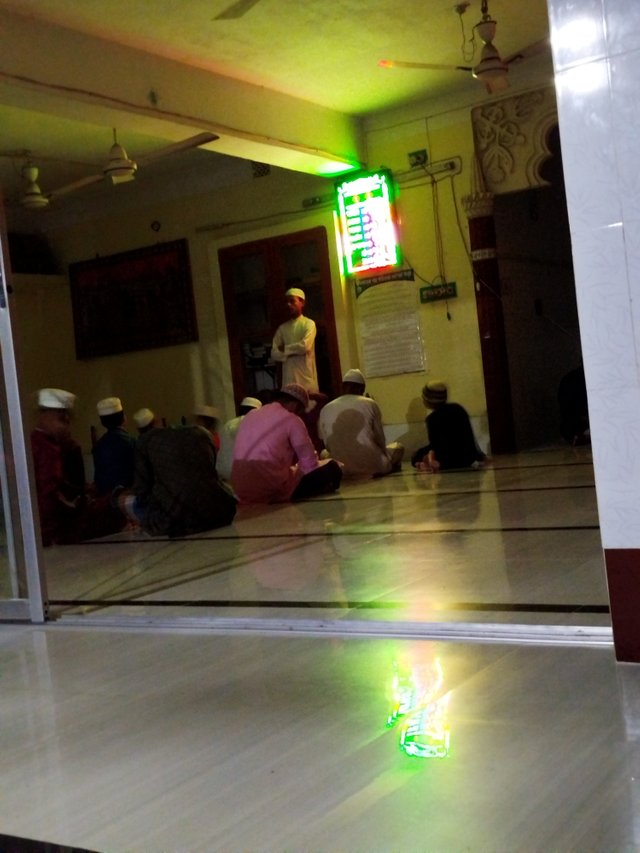
inside the mosque
Reading hadith after Fajr prayer is a commendable act, and Islam encourages this practice. Engaging in activities like reciting the Quran, studying hadith, and remembering Allah after Fajr prayer is considered highly rewarding. Through hadith, one can gain knowledge, learn from the life of the Prophet Muhammad (PBUH), and understand proper practices.
A hadith mentions that the Prophet Muhammad (PBUH) would engage in the remembrance of Allah in the mosque from Fajr until sunrise. Worship during this time holds great merit, and this period is highly valued for acts of devotion.
Therefore, reading hadith, reciting the Quran, and engaging in remembrance of Allah after Fajr prayer are all beneficial for spiritual growth.
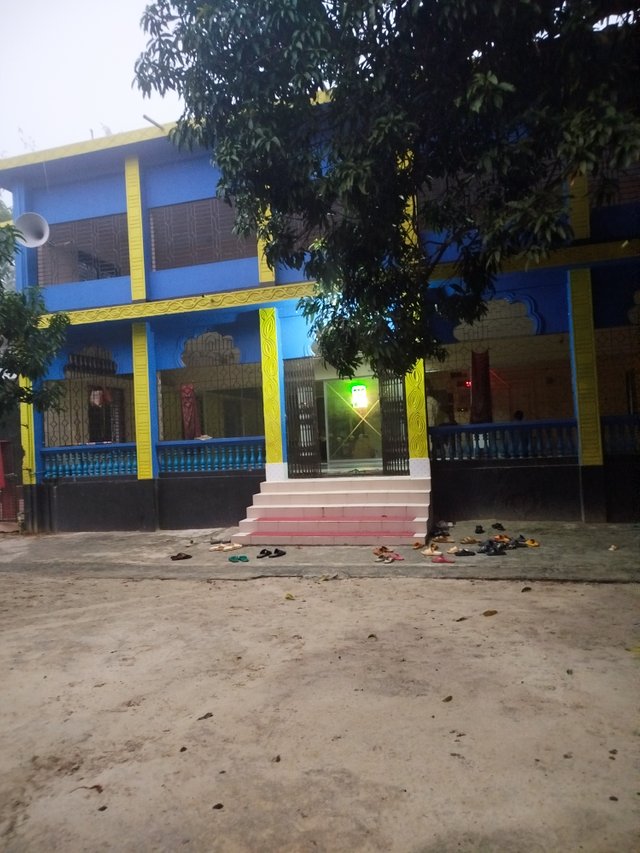
View of the mosque from the front
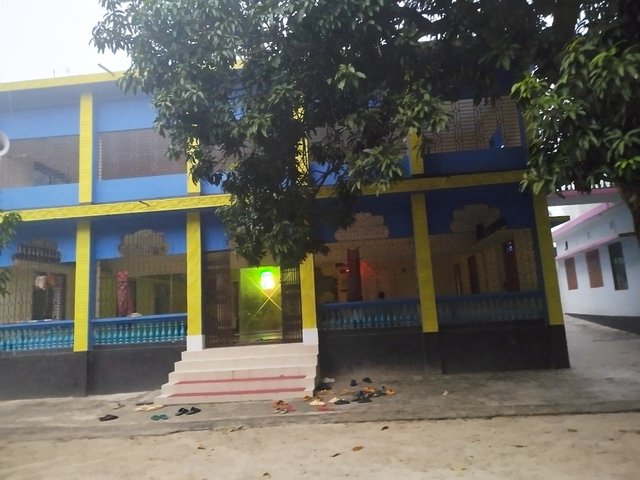
After praying, I closed a picture frame of the mosque
#:A few words about Fajr prayer
The Fajr prayer is the first of the five obligatory prayers in Islam. It is performed at the beginning of the day, before sunrise. The importance of the Fajr prayer is emphasized in both the Quran and Hadith.
- Quranic Guidance: Allah says in Surah Al-Isra, "Indeed, the dawn prayer is ever witnessed" (Surah Al-Isra, 17:78). This means that the angels are present at the time of Fajr, serving as witnesses to people’s worship.
2.Prophet Muhammad’s (PBUH) Hadith: The Prophet (PBUH) said, "Whoever prays the Fajr prayer is under the protection of Allah" (Sahih Muslim). This Hadith shows that those who perform the Fajr prayer receive Allah’s special protection and mercy.
3 Waking Up and Overcoming Laziness: Although waking up early for Fajr might be challenging, it helps overcome laziness and gives a refreshing start to the day. The Prophet (PBUH) encouraged us to wake up from sleep and focus on worshiping Allah.
4.Sunnah and Fard Rakats: The Fajr prayer consists of two Sunnah and two Fard (obligatory) rakats. The Prophet (PBUH) emphasized the importance of the Sunnah by saying, "The two rakats of Fajr are better than this world and everything in it" (Sahih Muslim).
5 Gaining Closeness to Allah: Fajr is a means of attaining closeness to Allah. Starting the day with this prayer connects a person to Allah and provides confidence and the right mindset to face the day.
Performing the Fajr prayer is a sign of faith and obedience to Allah's command. Therefore, we should strive to make it a regular part of our daily routine.
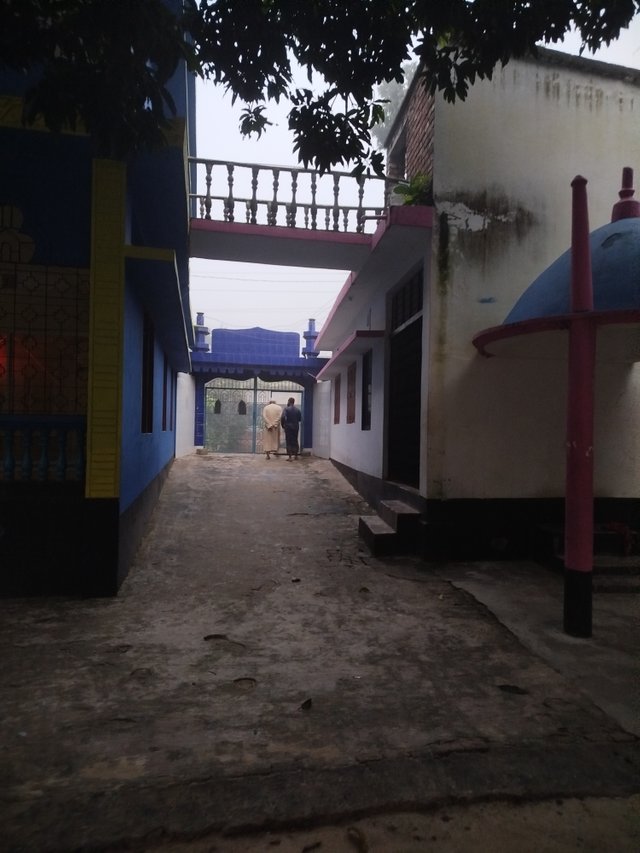
Behind the gate of the mosque madrasa
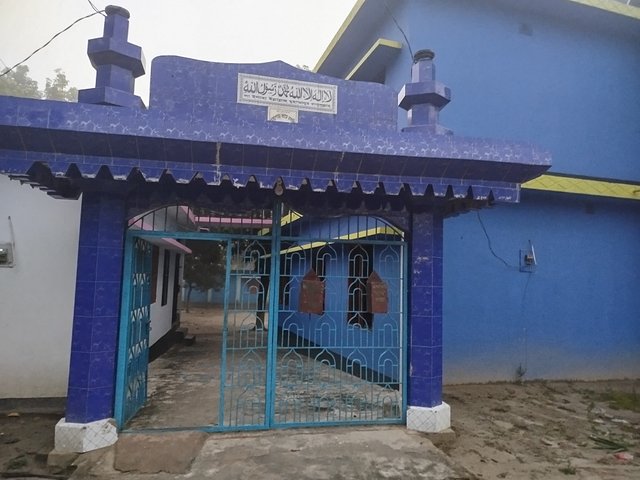
The importance of Fajr prayer
The Fajr prayer holds immense importance in Islam, being the first of the five obligatory daily prayers for Muslims. It has several unique merits and benefits:
1.Forgiveness of sins: Performing the Fajr prayer regularly leads to the forgiveness of many sins by Allah, making it particularly beneficial for seeking daily forgiveness.
2.Protection from Hellfire: According to hadith, those who consistently perform the Fajr prayer will be safeguarded from the fire of Hell.
3.Blessing for the morning: The day begins after the Fajr prayer, opening the doors to Allah’s blessings. It makes the rest of the day more fruitful and energizes one for daily tasks.
4.Witnessed by angels: The angels are present at the time of Fajr to witness our prayers and record our acts of worship, enhancing the value of our worship in the sight of Allah.
5 Health and mental peace: Waking up early has physical and mental health benefits. The act of waking for Fajr refreshes the body and brings a sense of tranquility.
For these reasons, performing the Fajr prayer is essential in Islam, promising both worldly and spiritual benefits for success and well-being in this life and the Hereafter.
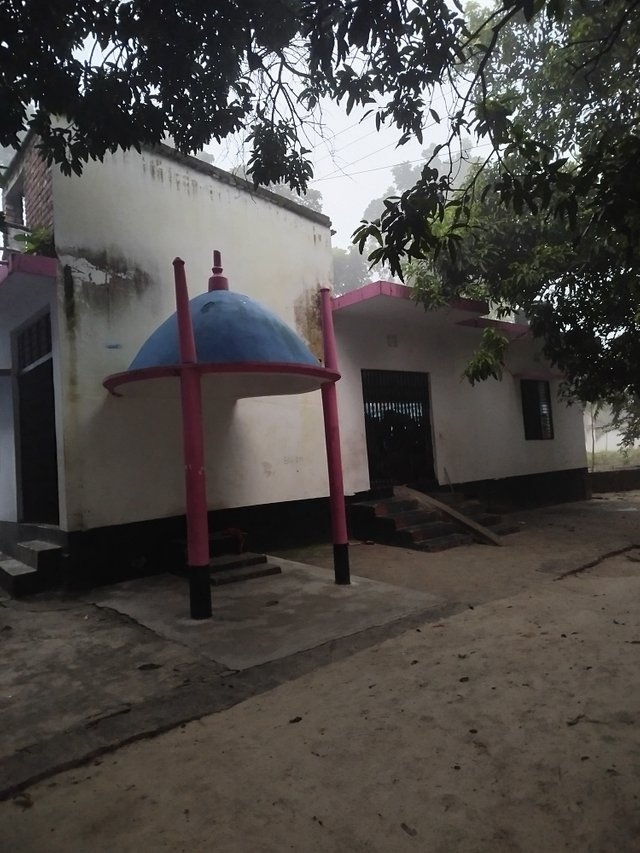
This is our Hafiziya Madras
A Hifz madrasa is an educational institution primarily focused on teaching students to memorize the Holy Quran (Hifz). Typically, young students enroll in these madrasas to memorize every verse of the Quran and develop the ability to recite it correctly.
Features of a Hifz Madrasa:
1.Method of Education: In Hifz madrasas, students are usually taught in portions of the Quran called "paras." Every day, they memorize a specific number of verses, known as "Sabaq" (lesson). Additionally, they regularly review previously memorized sections, a process known as "Daur" or "Muraja."
2.Role of Teachers: Teachers play a crucial role, not only in helping students memorize but also in ensuring correct recitation. They focus on proper pronunciation (Tajweed) and accurate articulation of the Quranic verses.
3.Duration of Study: It typically takes 2 to 4 years to memorize the entire Quran, depending on the student’s capability and dedication.
4.Character Education: Besides memorizing the Quran, Hifz madrasas emphasize Islamic etiquette and moral conduct, helping students grow in their character.
5.Various Courses and Branches: Many Hifz madrasas also offer classes on Tajweed and Qiraat, helping students learn to recite the Quran more beautifully and proficiently.
Hifz madrasas not only help students fulfill their goal of memorizing the Quran but also equip them with strong religious knowledge and ethical values.
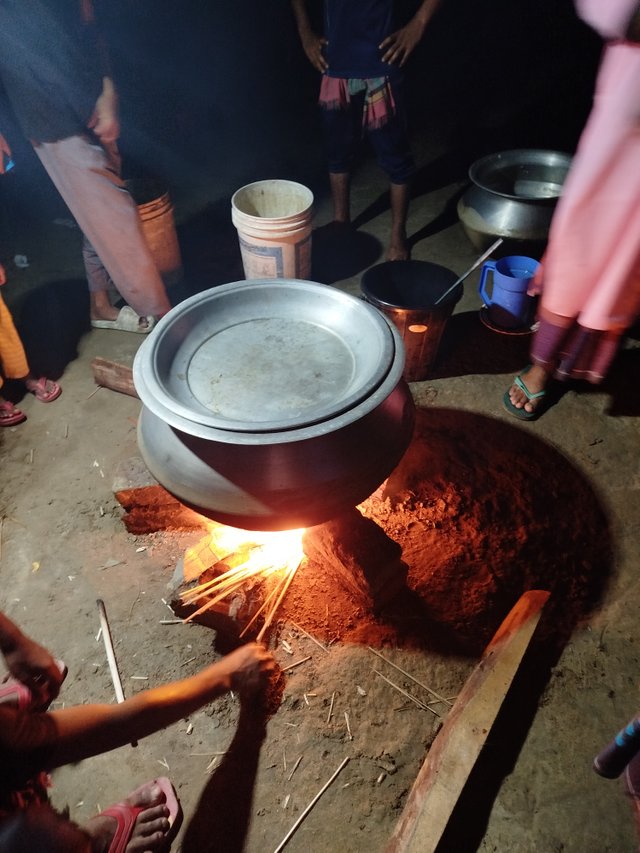
Eating and drinking ceremony for madrasa students
Here’s a simple, nutritious, and tasty meal plan ideal for madrasa students who are usually busy with studies and other activities. These recipes are quick to prepare and provide instant energy:
1.Khichuri (Rice and Lentil Porridge)
Ingredients: Rice, lentils (like red or yellow lentils), onions, garlic, ginger, turmeric, salt, and vegetables (like potatoes, carrots, peas).
Preparation:
1.Rinse rice and lentils together.
2.Chop onions, garlic, and ginger.
3.Heat some oil, fry the onions, then add garlic and ginger.
4.Add the rice and lentils, stirring well.
5 Add salt, turmeric, and water.
6.Add vegetables and cook until the khichuri is soft and ready.
2 Rice with Lentil Soup
Ingredients: Rice, lentils (red, yellow, or black gram), onion, garlic, turmeric, salt, and some spices.
Preparation:
1.Boil the rice separately to make plain rice.
2 For lentil soup, cook lentils with chopped onions, garlic, turmeric, and salt.
3 Add spices to give it a mildly spicy taste.
3 Mixed Vegetable and Egg Fry
Ingredients: Potatoes, green papaya, carrots, eggs, onions, green chilies, salt.
Preparation:
1.Dice the vegetables into small pieces.
2.Fry chopped onions and green chilies in hot oil.
3.Add the vegetables and cook until they soften.
4 Crack eggs into the mixture and stir until cooked.
5 Add salt to taste and serve.
4.Mashed Potatoes with Lentil Soup and Rice
Ingredients: Potatoes, onions, green chilies, mustard oil, salt.
Preparation:
1.Boil and peel potatoes, then mash.
2 Mix in chopped onions and green chilies.
3.Add a bit of mustard oil and salt for flavor.
These simple recipes are nutritious, quick to make, and ideal for madrasa students.
So friends, so far today, who is praying and who has Madrasa in whose village, please tell me in the comments. Thank you
For work I use:
device |
redmi note 13 |
photographer |
@romzan15 |
location |
Jhenaidah Kotchandpur |
taking pictures |
Masjid inside and outside |
* Plagiarism Free
* AI Article Free
✔️
@𝘩𝘰𝘵.𝘯𝘦𝘸𝘴 ❌
Moderation note: ✅
Downvoting a post can decrease pending rewards and make it less visible. Common reasons:
Submit